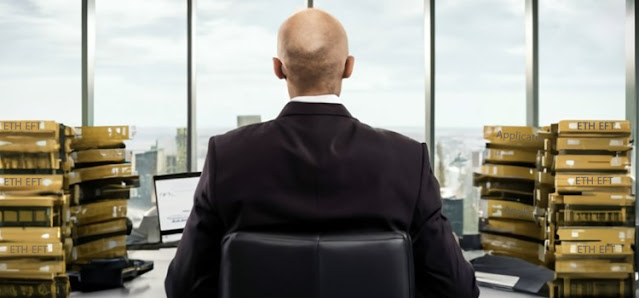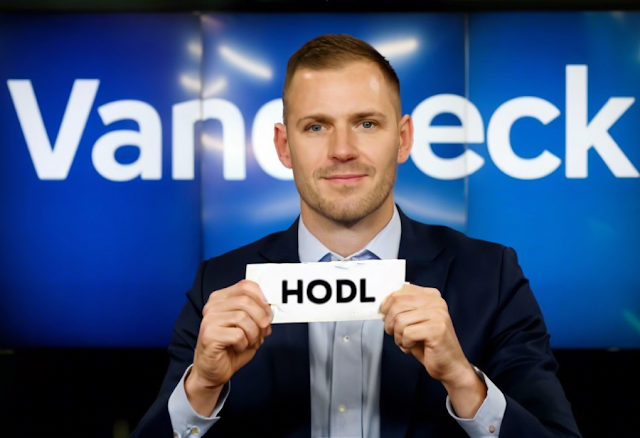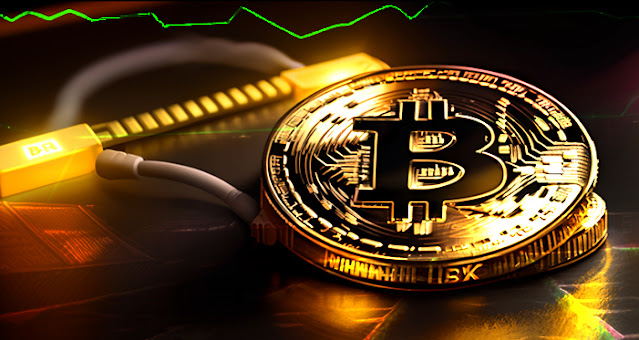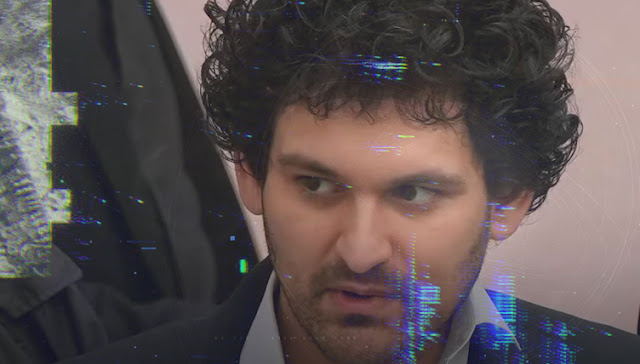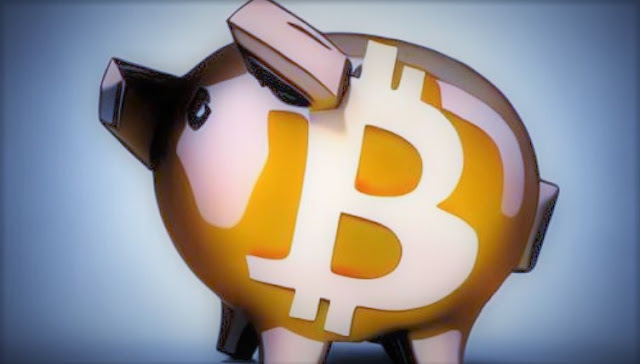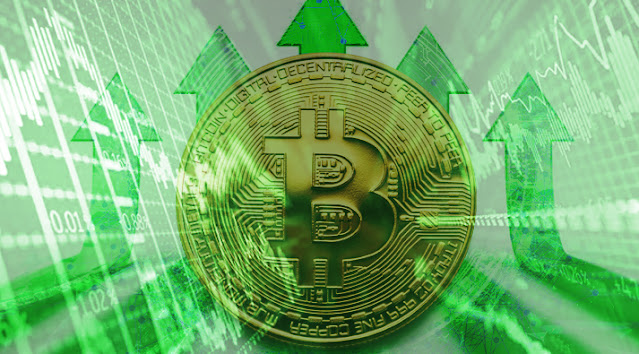Sam Bankman-Fried, the former CEO of cryptocurrency exchange FTX, pleaded not guilty to charges of fraud and money laundering on Tuesday. From what you hear in the press, you would reasonably assume there is a mountain of evidence against him - so is Sam crazy?
Well, he may not be as crazy as it sounds.
Why Risk More Years in Prison Instead of Negotiating? To Get ZERO Years in Prison...
Approximately 97% of cases are resolved with a plea deal. Sam, like most defendants, had the option to negotiate how long he would stay in prison, in exchange for pleading guilty.
We don't know what that deal would have been, but with the charges against him, it's reasonable to think he could have reduced his time behind bars by 10+ years. Turning this down is not a decision someone takes lightly.
If you choose to be among the 3% of people to go to trial, you must be confident that you can win.
Why Sam Believes the Jury Will find Him INNOCENT...
What Sam and his legal team believe they can prove to a jury revolves around the fact that there is no FTX'- there's two of them, completely separate companies, functioning independently.
No country in the world charges people with crimes committed in foreign nations with foreign victims. Bankman-Fried can only be charged with crimes he committed while in the US or against US citizens.
This also reminds me of when after his arrest in the Bahamas, he said he planned on fighting being extradited to the United States, then suddenly reversed this and fully cooperated to insure his trial would take place in the US.
Bankman-Fried's Defense is NOT that He Did Not Break The Law, But Rather that Any Alleged Wrongdoing Occurred Outside the US and Involved Foreign Victims...
Meaning that the alleged crimes were committed by a separate, foreign entity and involved funds belonging to users of FTX International.
Structurally, the companies remained separate, there were no (known) shared accounts, no fiat or crypto spilling from one to the other. The company/exchange for US citizens had its own website at www.FTX.us - then there was FTX International at www.FTX.com.
If someone from the US attempted to sign up on the FTX international site, they would simply get an error message redirecting them to the US site.
With everything separate, it would have been easy for Sam to simply leave all funds related to FTX US alone, and this is exactly what Sam claims happened.
So Far, There's No Evidence Saying Otherwise...
In every interview, Sam said that 'all funds in FTX US were "never touched" and they could give users access to it right now if they wanted to. This statement is included in the testimony he was planning to give Congress, under oath, but he was arrested the day before that was set to happen.
But let's forget what Sam has to say, he's a proven liar on other related matters. - what's been found since he lost control of the company?
John J. Ray is the acting CEO of FTX appointed to oversee the company being dismantled in the bankruptcy process, and he is no fan of Bankman-Fried.
When testifying to Congress a couple weeks ago, he shared in his opening statements his belief that FTX US funds were involved, but later, during the portion where he takes questions from lawmakers, he was asked what they had found so far - and so far, nothing.
In a previous report, an insider at the company shared that the new CEO believes they just need to dig deeper to find proof that Bankman-Fried did misuse FTX US funds - he just did a better job at hiding it compared to FTX International. It's reasonable to assume that, and the investigation isn't over - but Sam, the one person who would know, just pleaded innocent in court.
Sam May Have Viewed US Funds as 'Off Limits' From The Start...
Ryan Miller, a member of FTX US's legal team used to work for the person in charge of regulating FTX, the current head of the SEC, Chairman Gary Gensler. By the time this all happened, he had been with FTX for nearly a year, tasked with being the contact between the company and regulators.
Sam's mom was a lawyer at one of the top firms in the US with clients like Exxon, JPMorgan, Citigroup, Universal Pictures, Sony and more. His father is considered one of the leading experts in tax law, tax shelters, and tax compliance, and teaches law at Stanford.
Between Miller, someone from the world of financial regulation, and his parents, who would surely advise him of the additional rules and risks attached to US investor funds, it's believable that Sam may have just considered this portion of his businesses off-limits.
Did Sam Plead Innocent Because he Knows They Won't Find Records of Him Misusing US Funds?
This is the big question.
Keep in mind, however, that Sam's original lawyers dropped him shortly after FTX's collapse due to his "incessant and disruptive tweeting" when he kept ignoring their advice to stop publicly speaking about the matter.
Sam clearly believes he has a talent for persuading people, and maybe he once did, but the more he spoke publicly to audiences already suspicious of him, the more hated he became. I'm not sure if Sam ever really accepted that this tactic was a failure and he should have listened to his lawyers.
So is Sam continuing to be a nightmare client for any legal team to represent? He may be pleading innocent because he believes he's so smart, he can just confuse a jury into thinking he's innocent.
Or, does he know prosecutors will fail to find the evidence they need to prove the charges against him?
-----------
Author: Ross Davis
Silicon Valley Newsroom
GCP | Breaking Crypto News



